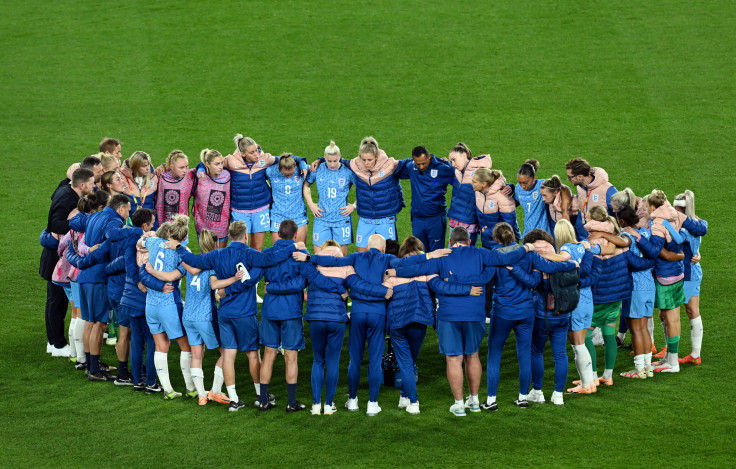
The British Government has given its full endorsement to a review of women's football spearheaded by former Arsenal, Chelsea and Lionesses star, Karen Carney.
Carney, who retired from professional football after the FIFA Women's World Cup in 2019, had her report released earlier this year. It included her proposals which she believes can elevate women's domestic football to greater heights and possibly turn it into a billion-pound industry within the next decade.
Among the recommendations set out by Carney is for the top two tiers of women's club football in England, the Women's Super League (WSL) and Women's Championship, to be professional leagues in all aspects just like the men's game. Doing this will help bring the world's best players to England and be an attractive country to play club football in because of the development it will provide to the players as the standards will be higher.
Last week it was announced that the Football Association (FA) would no longer govern the WSL and Women's Championship after the current season concludes. From next season the top two tiers of women's domestic football will be run by NewCo, an independent body which will see all 24 teams across the two divisions act as shareholders of the organisation.
Also, Carney is keen for football's governing bodies and the broadcasters to come to an agreement on a dedicated time slot for women's football. An option put forward was for the 3pm television blackout on Saturdays for live football to be scrapped and instead be a time slot for women's football.
The government's full backing of Carney's plan means live football could be about to be televised at 3pm on Saturdays to British football fans, which would be a new experience for them as the blackout has remained in place since 1960. The blackout prevents 3pm kick-offs on Saturday from being televised as no football is allowed to be televised from anywhere between 2:45pm and 5:15pm.
The purpose of the blackout is for the attendance of lower league football matches on Saturday afternoons in England to be protected and not negatively impacted.
Another suggestion from Carney revolves around making women's football for everyone as she believes there is a current issue with representation in the industry. Carney believes this should be looked at and a solution is for positions that are both football and non-football-related in the industry to be filled with more people from lesser-represented backgrounds.
To help provide the best future possible for the next generation of female footballers, Carney suggests that there be the same sort of access to sports activities for girls in school as there is for boys. Also, the review puts forward the idea of more funds being put towards the facilities in women's grassroots football.
The review mentions the need to restore the pathway into the England senior team so that future generations of Lionesses stars can succeed. The Lionesses have been on an upward trajectory in recent years and it culminated in winning the UEFA European Women's Championship on home soil in 2022.
Carney's proposals will allow the future generations of England players to build on the success that the Lionesses have had and hopefully win more international major tournaments.
Carney gave her reaction to the government being completely open to all of her proposals for developing women's football. She said: "I'm encouraged that the government is providing their full backing to my review and renewing their commitment to develop women's football in the UK and fulfil its potential to be a world-beating sport. The real work begins now."
To carry out Carney's suggestions, an implementation group containing key stakeholders is set to be put in place by the government soon.
The government's strong backing of Carney's ideas comes at a significant period for women's football and women's sport overall. This is as finance experts at Deloitte estimate that women's sports will generate over £1 billion worldwide for the very first time in 2024.
Football is set to be the most lucrative sport as Deloitte reports that it will make up 43 per cent of the £1.02 billion figure, with a revenue of £438 million.







